Following The Film Stage’s collective top 50 films of 2021, as part of our year-end coverage, our contributors are sharing their personal top 10 lists.
Two years into the pandemic, we’re still living through a collective nightmare, a cycle of crisis/reprieve/next-wave that can be so demoralizing. All the more reason, then, to be thankful for the filmmakers who soldiered on, telling stories that helped to make things feel less bad.
What a joy it was to travel through Siberia with the protagonists of Finnish director Juho Kuosmanen’s Compartment Number 6 and be reminded of the sparks of chemistry we share with random passers-by in our lives. How healing it felt to see a deep, life-changing bond develop between two strangers in Japanese filmmaker Ryūsuke Hamaguchi’s poetic Murakami adaptation Drive My Car. And bless Norwegian auteur Joachim Trier for the bittersweet ride that is The Worst Person in the World, an epic romance that captures the beautiful turbulence of early adulthood.
Korean director Kim Se-in’s feature debut The Apartment With Two Women is not an easy watch, but its portrayal of an abusive mother-daughter relationship is not one you would forget, thanks in part to the best performance of the year you didn’t see by Yang Mal-bok. Romanian director Bogdan George Apetri’s Miracle and his compatriot Teodora Mihai’s Mexico-set La Civil are tough to watch too for their depictions of extreme cruelty, but both deliver––in addition to genuine thrills––lucid, incisive observations about human nature. The same can be said of American maestro Paul Schrader’s The Card Counter, which goes to some pretty dark places in service of a riveting character study brought to life by a terrific Oscar Isaac.
Two films from Thailand, Jakrawal Nilthamrong’s Anatomy of Time and Anocha Suwichakornpong’s Come Here, mystified me. By employing elements of theatricality or different incarnations of the same character, each toys with the viewer’s perception to enthralling effect. Equally dreamy is Chinese director Wang Erzhuo’s Farewell, My Hometown, a surreal cross-generational portrait that reveals as much as it leaves unexplained. Then there’s the stupendous acid trip Petrov’s Flu by Russian director Kirill Serebrennikov, which is so gloriously mad you can hardly keep up.
2021 also saw the release of many great genre films. I was very entertained by Cary Joji Fukunaga’s No Time to Die. Grand melodrama and intrigue, over-the-top action and exotic locations wrapped up in sleekly old-school packaging means a good time at the cinemas. Italian director Gabriele Mainetti’s much-maligned fantasy extravaganza Freaks Out gets high marks from me for some of the most eye-popping set pieces put on screen this year. Locarno winner Vengeance Is Mine, All Others Pay Cash by Indonesian director Edwin combines comically elaborate kung-fu hijinks with an earnest dramatic core and proves both endearing and subtly transgressive. ’80s-set horror Censor introduces us to the fantastic eye for style of first-time feature director Prano Bailey-Bond, while fellow debutant Junta Yamaguchi takes analogue filmmaking to insane new heights with the geekilicious mind-bender Beyond the Infinite Two Minutes. And yes, we stan Denis Villeneuve’s Dune––everything from the production design, cinematography to the sound work is outstanding.
Lastly, French/Francophone cinema was absolutely on fire this year. Dutch master Paul Verhoeven shows you how it’s done with the wickedly funny medieval sex romp Benedetta. Newcomers from Switzerland and Belgium, Andreas Fontana and Laura Wandel, immediately get your attention with their respective feature debuts, the meticulously calibrated slow-burn thriller Azor and the effortlessly engaging schoolyard drama Playground. Eternal enfant terrible Gaspar Noé surprises again with the highly conceptual, brilliantly framed and shot dementia drama Vortex. And three veteran French filmmakers––Yvan Attal, Xavier Giannoli, and Bruno Dumont––all turned in strong, vastly different works: a courtroom drama that smartly presents conflicting ideas of consent and the power dynamics at play in a rape case (The Accusation), a sumptuous Balzac adaptation that gets the message of artistic and journalistic integrity right (Lost Illusions), and a maybe-satire that defies labels in its unique blend of high drama and farce (France).
Now, on to the favorites.
Honorable Mentions: The Green Knight, In the Heights, Ahed’s Knee, Titane, The Girl and the Spider
10. First Time (Nicolaas Schmidt)
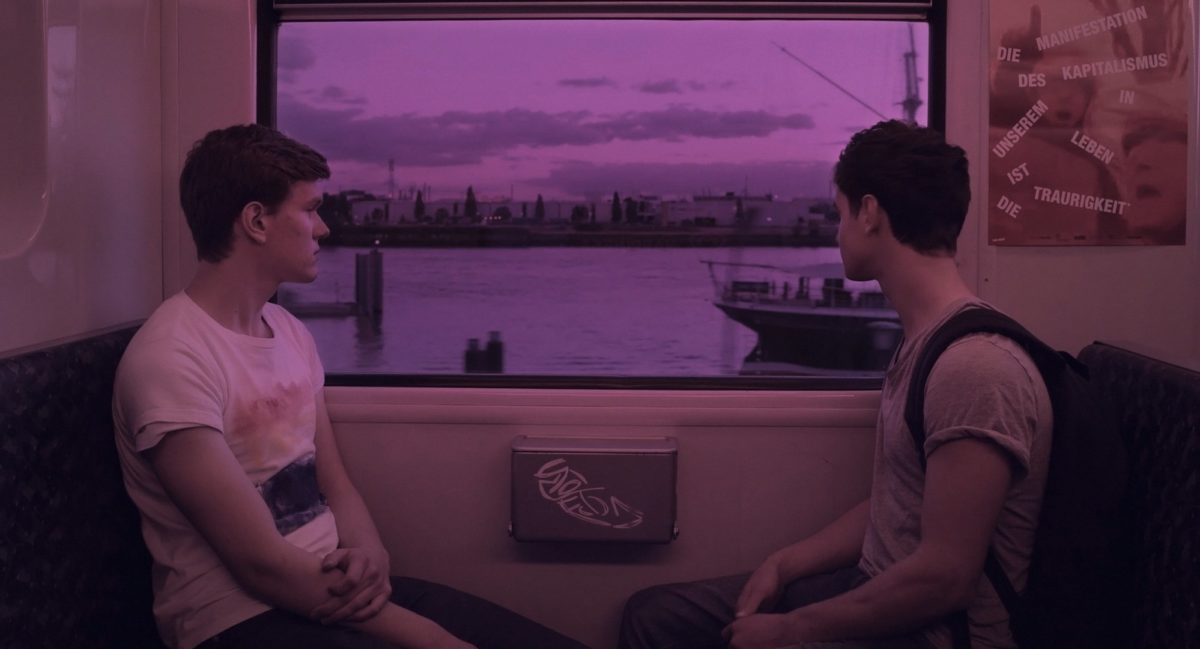
What if Before Sunrise, but Tsai-Ming Liang? Almost nothing “happens” in this film about a chance encounter between two strangers on a subway train, yet everything changes by the end of the journey. With radical minimalism Schmidt observes the hectic rush of city life and captures the tender, quietly monumental start of a romance. Despite the complete, unchanging passivity of perspective there’s true musicality to the mise-en-scène that builds momentum and sings what’s left unsaid. The work of an original.
9. Passing (Rebecca Hall)
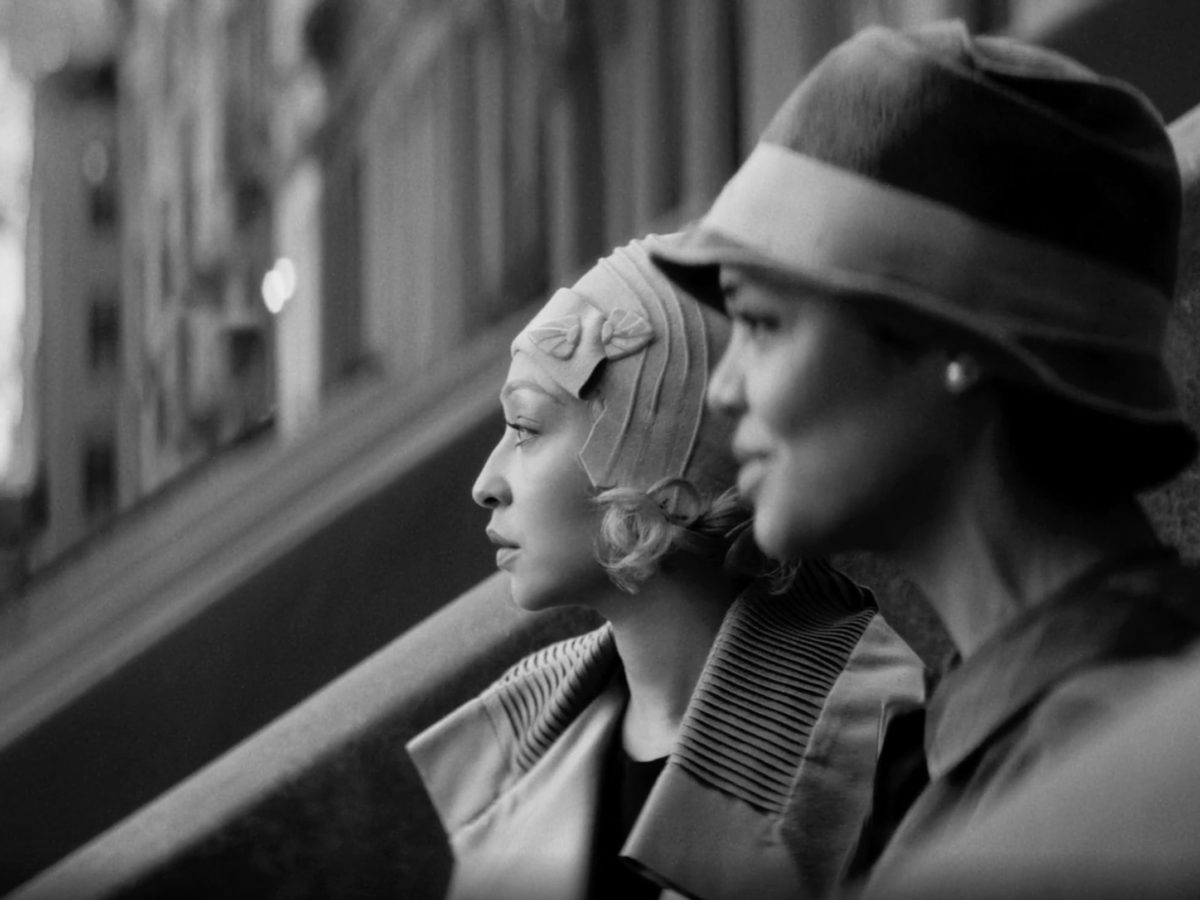
A most elegant literary adaptation that hits the perfect jazzy note to tell a story of in-betweens. From the color of their skin to the feelings they have for each other, everything about the two heroines is ambiguous and Hall keeps the doubt beautifully alive. Both Tessa Thompson and Ruth Negga are tremendous—especially the latter, who plays a fascinatingly troubled character with remarkable depth. The final look she gives is one of sadness, relief, accusation, and understanding, a look so expressive it haunts.
8. I Want to Talk About Duras (Claire Simon)
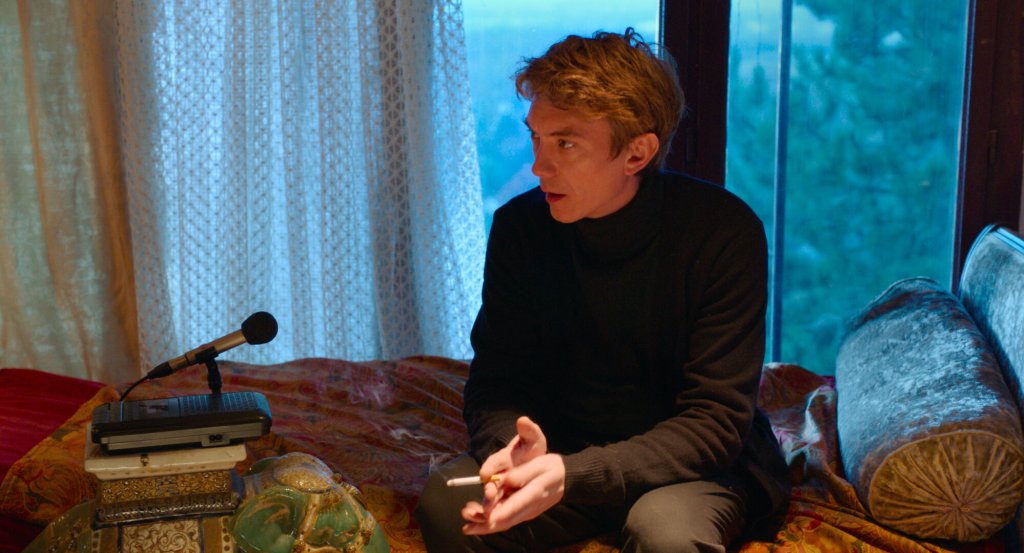
A movie featuring two people sitting in a room talking is not supposed to work. A “biopic” where the subject is not in the picture is not supposed to work. And yet. This formally audacious, narratively gripping chamber piece about the life of controversial writer Marguerite Duras as told by her gay lover in an extensive interview captivates from start to finish. Simon makes great, unexpected choices to maintain tension throughout. Emmanuelle Devos and Swann Arlaud are at the very top of their game. To see them go at each other for 95 minutes is mesmerizing.
7. Cryptozoo (Dash Shaw)
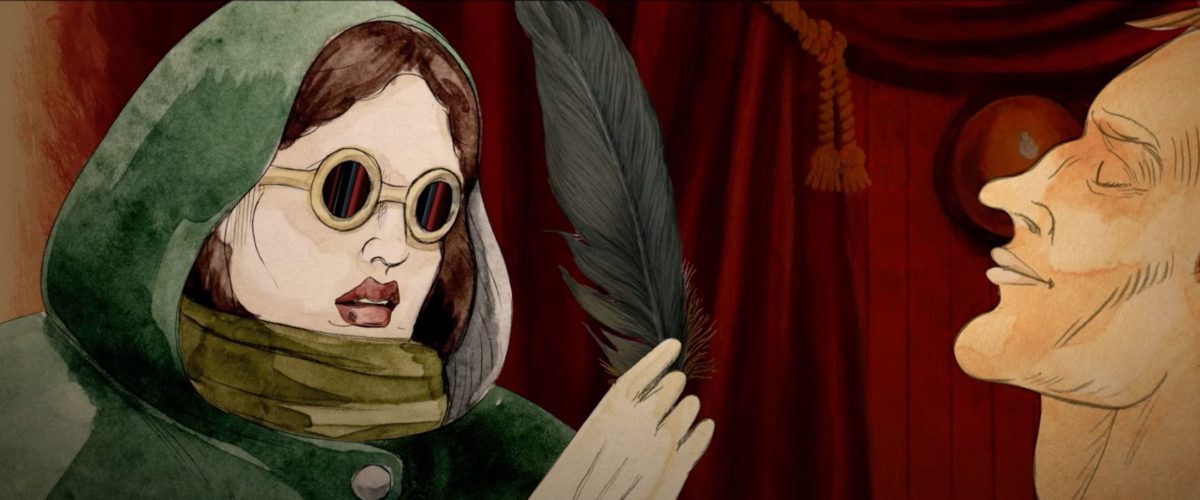
Come for the dazzling spectacles and fantastic beasts, stay for the lovely message of live and let live. This wildly imaginative modern fable confirms Shaw as a singular talent pushing the boundaries of animated filmmaking in ways nobody else is. His strikingly outlandish aesthetics look nothing like the personality-free, merchandise-ready designs of any studio output and his vision for an alternate universe with creatures and spells is genuinely, exhilaratingly subversive. An exceptional exercise in cinematic world-building for adults.
6. Wheel of Fortune and Fantasy (Ryûsuke Hamaguchi)
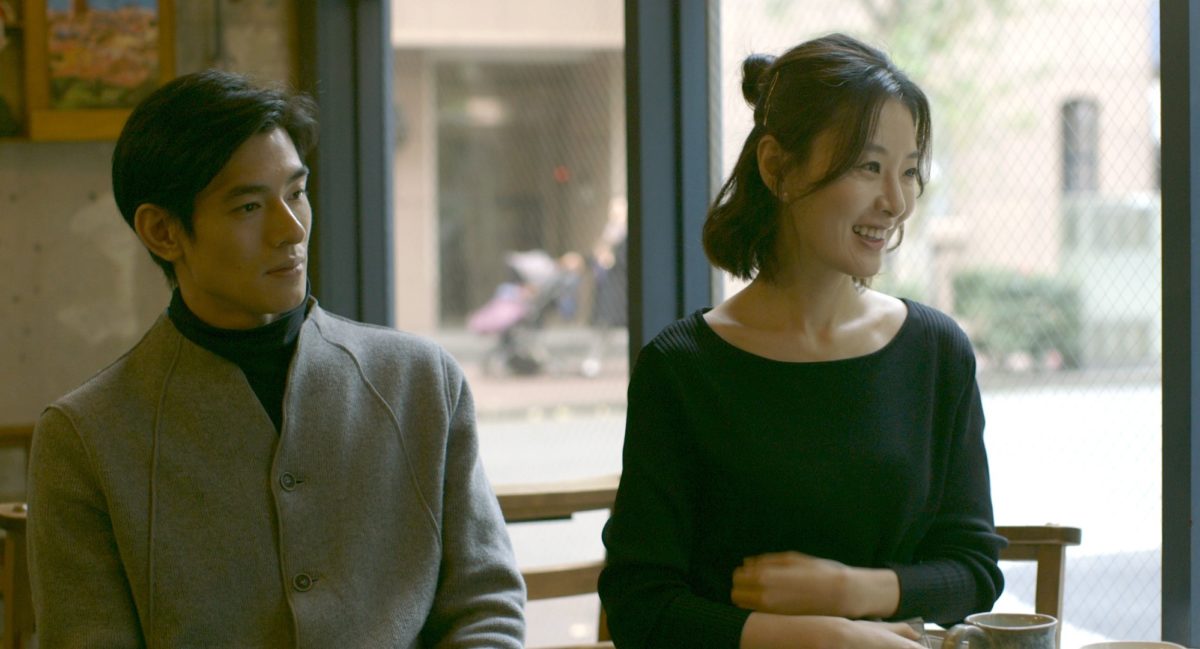
This trifecta of shorts about chance and happenstance is a stunning showcase for both quality and economy of storytelling. Within their limited timeframe each episode maps out a full, surprising journey, complete with plot twists and vividly drawn characters. The second, in particular—which involves a married woman’s scheme to honey trap her professor—is an erotically charged rollercoaster ride with the kind of golden narrative arc novelists write entire books trying to build. Hamaguchi makes it look so easy.
5. Petite Maman (Céline Sciamma)
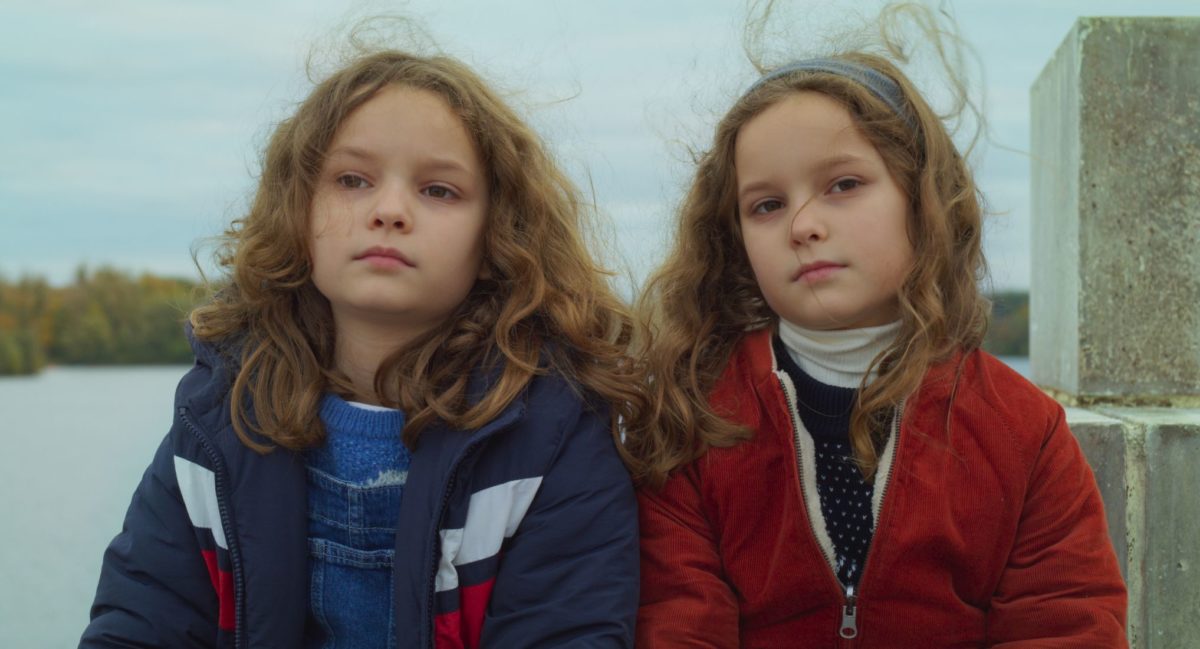
Its fantastical premise notwithstanding, Sciamma’s time-traveling tale is a feat of humanist filmmaking rooted in the realest, purest emotions. In its depiction of a young mind trying to make sense of life’s many mysteries it glows with insights about growing up and letting go. With such poignant writing that renders any special effects unnecessary, it also reminds you that ultimately we crave magic not to unlock multiverses, but just be able to see someone once again, to say goodbye. A profoundly moving, pint-sized marvel.
4. Great Freedom (Sebastian Meise)
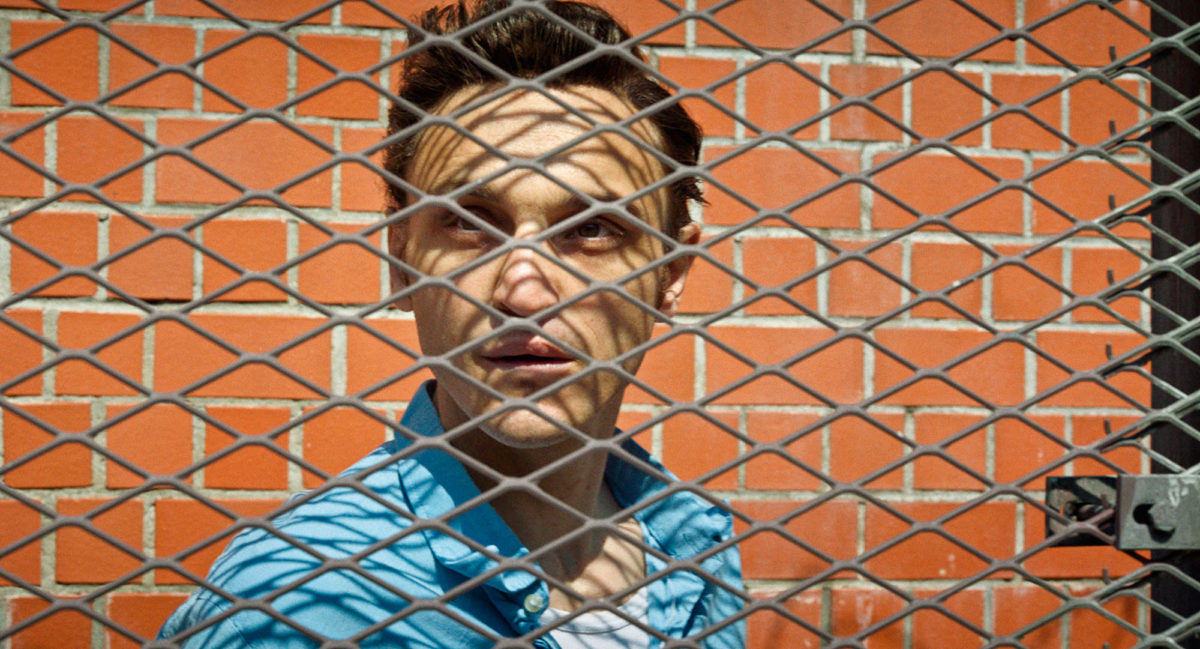
Lyrical, compassionate, resolutely unsentimental, Meise’s decades-spanning queer love story is a devastating thing of beauty. Unfolding over a jumbled timeline, the film reassembles the events and relationships that shaped its protagonist to deliver a revelatory portrait of someone surviving a history of violence and bigotry. Supported by his incredible screen partner Georg Friedrich, Franz Rogowski gives the performance of the year, a staggering star turn so honest and lived-in it leaves his character transparent and breaks your heart with all that you see.
3. Memoria (Apichatpong Weerasethakul)

Driven more by ambiance than by plot, Apichatpong’s latest opus is cinema at its most graceful and lushly experiential. The pristine imagery and immaculately realized soundscape transport the viewer to a dream-like state, awakened to the many splendors of this world. As a woman plagued by an inexplicable noise, Tilda Swinton gives the film its human pulse through the sheer mindfulness of her being. In scenes often wordless and still, she communicates so much pathos you feel centuries of memory rumble in your soul.
2. The Power of the Dog (Jane Campion)
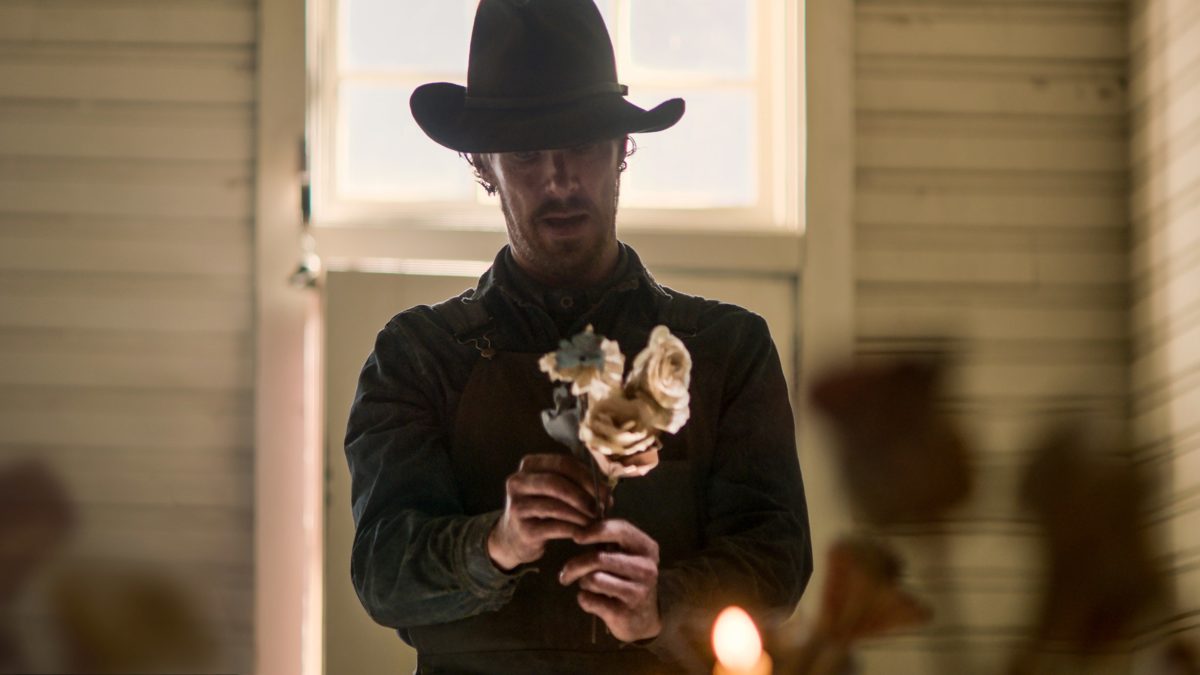
Campion subverts the romantic ideal of the American western to make a claustrophobic, homoerotic thriller and it’s an absolute triumph. Featuring extraordinary work from every technical department, the film looks and sounds exquisite. Which only serves to enhance the sinister undertone of the piece and its version of the mythical life on the prairie. The quartet of main actors kills it, each bringing a distinct sensitivity to the mix that turns poisonous with chilling plausibility. For its masterful redefinition of a genre many consider sacred, this is a classic in the making.
1. Happening (Audrey Diwan)
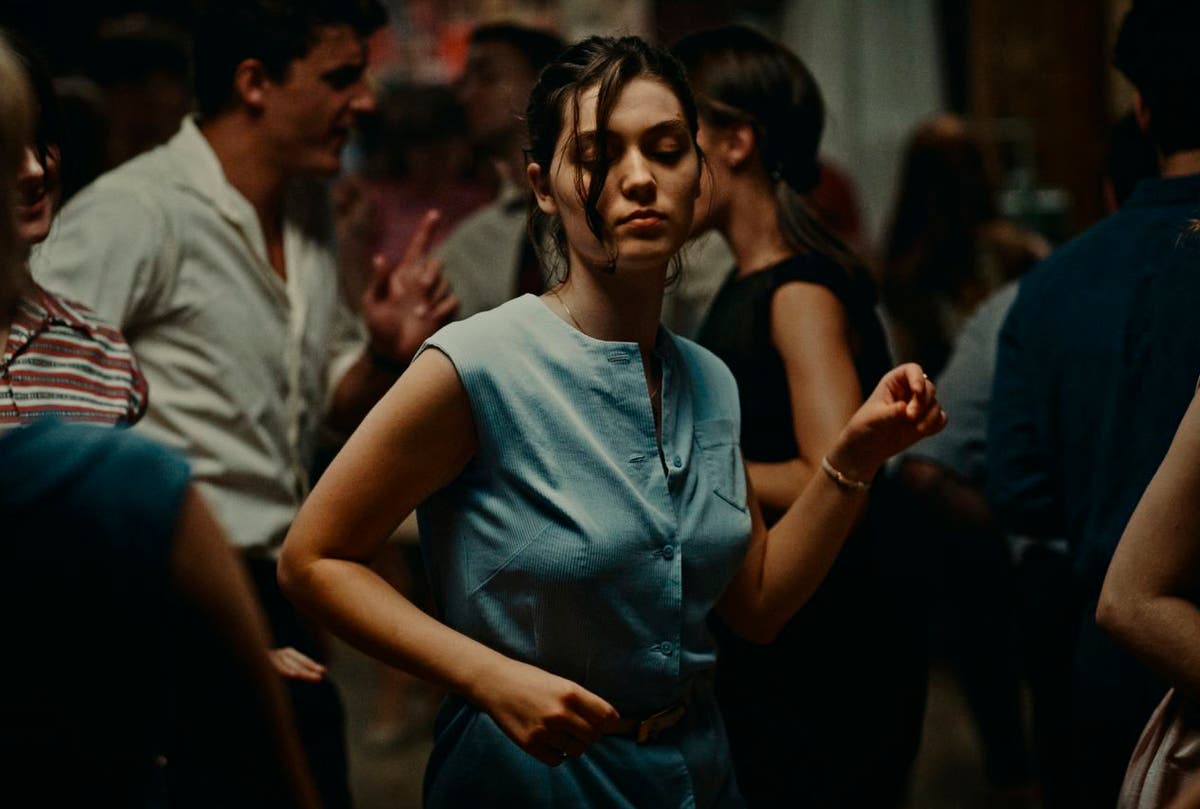
Diwan’s sophomore feature is an unglamorous, straightforward film that tells a simple story about an ordinary girl. It is also the single most intense, shatteringly empathetic thing I’ve seen all year. Carried by Anamaria Vartolomei’s fiercely committed performance, the ’60s-set drama takes on the subject of unintended pregnancy and illustrates how far from a political / religious issue it can be when it happens to you. Abortion has been dealt with in landmark films in the past, but the intimacy of perspective achieved here feels truly unmatched. A vital call for kindness like no other.
